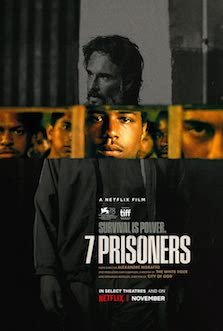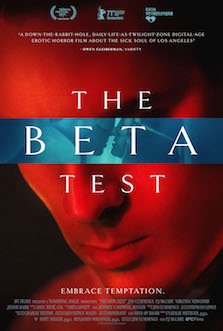Direction: Alonso Ruizpalacios
Country: Mexico
Alonso Ruizpalacios’s A Cop Movie is a didactic docufiction that brings to the center two Mexican police officers from Mexico City. The film doesn’t play with stereotypes, preferring an experimental approach that, blurring the line between reality and fiction, leaves the viewers questioning what’s to be a “true" cop and what’s their role in the society.
By making a clever use of structure and employing an artful narrative, Ruizpalacios (Gueros, 2014; Museo, 2018) offers a raw, sometimes funny glimpse into the discredited Mexican police force, stressing their (de)motivations and daily struggles in the performance of their jobs.
Teresa (Monica del Carmen), whose apparently dismissive father was also a cop, is 34 and spent half of her life as a police officer. Her partner in life and at work, Montoya (Raul Briones), is unsmiling while on duty and only joined the law enforcement unit because of his brother. In addition to depict them in several difficult situations in the streets - including a stagey arrest, a strained childbirth, an altercation with a big shot, and dealing with bribery - the film also addresses their family problems, emphasizing the joys and the pathos of living and working together.
The first two acts are competently mounted and astutely joined; the third - about the couple - is the most redundant; while the last two - when the actors reveal themselves and the real-life officers speak truth to power - are precious.
There’s a clunkiness to A Cop Movie, which, nonetheless, delivers a unique 107-minute distraction.








































